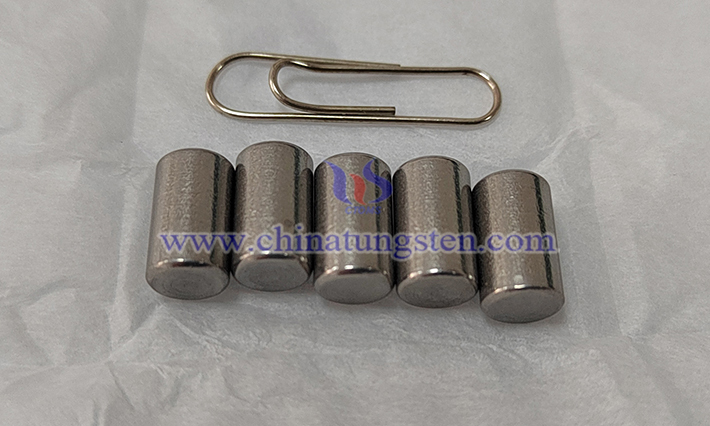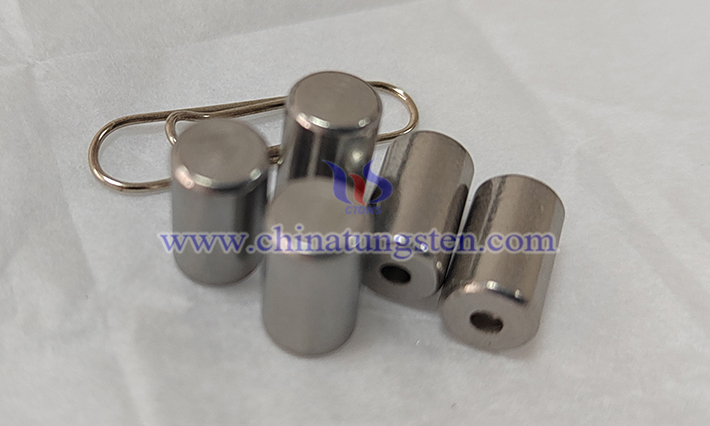Factors Affecting the Adaptability of Barium Tungsten Electrodes to Vacuum Environments
- Details
- Category: Tungsten Information
- Published on Tuesday, 03 June 2025 17:48
The adaptability of barium tungsten electrodes in vacuum environments is affected by many factors. In practical applications, these factors need to be optimized according to specific working conditions to ensure the best performance and longest service life of the electrodes.
Factors Affecting the Adaptability of Barium Tungsten Electrodes to Vacuum Environments
1. Temperature
High temperature can significantly affect the performance and service life of barium tungsten electrodes. In a vacuum environment, if the temperature is too high, it may cause the electrode material to volatilize or the structure to deteriorate, thereby reducing its working efficiency and durability.
2. Pressure
The degree of vacuum is directly related to the performance of the electrode. Generally speaking, the higher the vacuum degree (that is, the lower the pressure), the better the discharge performance and stability of the electrode, because the lower pressure reduces the interference of gas molecules on the electrode.

3. Gas Composition
The composition of residual gas in a vacuum environment has an important influence on the stability of the electrode. If the residual gas contains impurities (such as oxygen or water vapor), it may react chemically with the electrode material, resulting in performance degradation or surface corrosion.
4. Electrode Material
The composition and purity of the barium tungsten electrode are key factors in its adaptability. The higher the purity of the material and the fewer impurities, the more stable the electrode will perform in a vacuum environment. In addition, the ratio of barium to tungsten will also affect its discharge characteristics and durability.
5. Electrode Surface Treatment
The performance and life of the electrode can be improved through proper surface treatment (such as polishing or coating). Good surface treatment can reduce surface defects and enhance the discharge efficiency and anti-aging ability of the electrode in a vacuum environment.

6. Electrode Shape
The shape and size of the electrode will affect its discharge characteristics in a vacuum environment. For example, a sharp electrode tip may be more suitable for certain specific discharge needs, while a larger surface area may help dissipate heat and extend life.
7. Electrode Installation
The installation method and position of the electrode will also affect its performance. Improper installation may cause uneven force or poor heat dissipation on the electrode, thereby reducing its adaptability and working efficiency in a vacuum environment.
8. Electrode Aging
As the time and frequency of use increase, the barium tungsten electrode will gradually age, showing a decline in performance and a shortened lifespan. The aging process may be related to factors such as material loss and surface degradation.
- Chinatungsten Online: www.tungsten.com.cn
- CTIA GROUP LTD: en.ctia.group
- Tungsten News & Price: www.ctia.com.cn
- Molybdenum News & Price: news.molybdenum.com.cn
- Tel.: 86 592 5129696; Email: sales@chinatungsten.com



 sales@chinatungsten.com
sales@chinatungsten.com